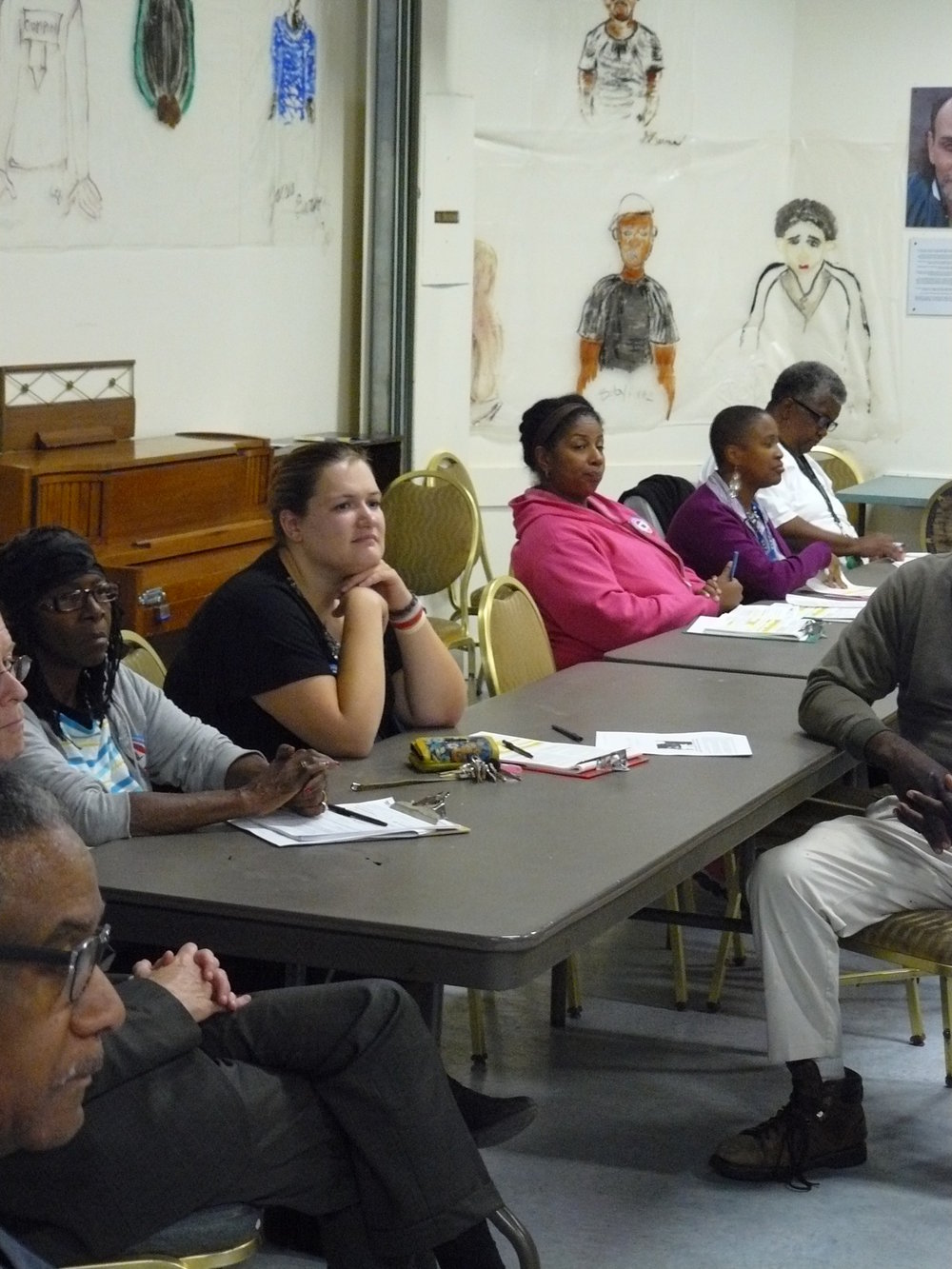State’s Appeal on Voting Lawsuit

The State submitted an argument in the appeal that these new provisional and absentee ballot laws sought to increase, rather than decrease, the number of counted ballots. They argue that a voter’s identity can be confirmed better with five identification fields rather than three, and stress that the new requirements of address and birthdate fields improve uniformity across the state. What they fail to explain at all is how a mistake in one or two of these five fields prevents a state from identifying a voter, or how taking away the right to vote for those who make mistakes in any of the five required fields improves uniformity in voting or increases counted ballots. They also make no arguments in response to the non-uniform applications of these laws. The State will also argue that the new laws have not decreased the acceptance rate of provisional and absentee ballots in recent years, and thus these laws are not causing harm. They cite the fact that the acceptance rate of provisional and absentee ballots was higher in the 2014 midterm elections than 2010 to try to argue that these laws have actually improved acceptance rates. The only problem with this statistic is that there this could be that fewer people could have had their ballots rejected on the basis of being late or not being registered in recent years when compared to 2010. In 2010, voters could not legally have their ballot rejected for technical errors and typos, so this reason for rejection was a new addition to the statistic of rejection in 2014-2015. The State will also insist that those who had their ballot rejected due to technical errors or typos were only a small percentage of those with rejected ballots, and so somehow this means that these laws are not harmful. This argument is interesting as NEOCH is arguing that the practice itself, and not how often it occurs, is unconstitutional. It is also an important part of NEOCH’s argument that these laws disproportionately affect African American and homeless voters. The State will argue that the District Court Judge made a mistake in focusing on homeless voters, and that the law is in fact neutral in its application to all voters. They claim that neutrality comes from the fact that all voters can choose by which method they vote, ignoring the plain fact that homeless and African American voters are statistically more likely to vote with provisional and absentee ballots.
In all of the State’s arguments, it is difficult to see any sort of justification for the actual act of throwing away ballots with typos and technical errors. They manage to argue about several other aspects of the laws and their own intent in writing them, without addressing that one crucial issue. We are hopeful that we will win the appeal on Friday and that Ohio voters can hold onto their right to vote in November without fear of their provisional or absentee ballots being thrown away. Ohio voters should not be restricted when voting by tests of their ability to perfectly complete voting forms.
by Megan Shanklin
Posts reflect the opinion of those who sign the entry
PS The purge lawsuit is on appeal on Wednesday August 3 at the Federal Court in Cincinnati.
